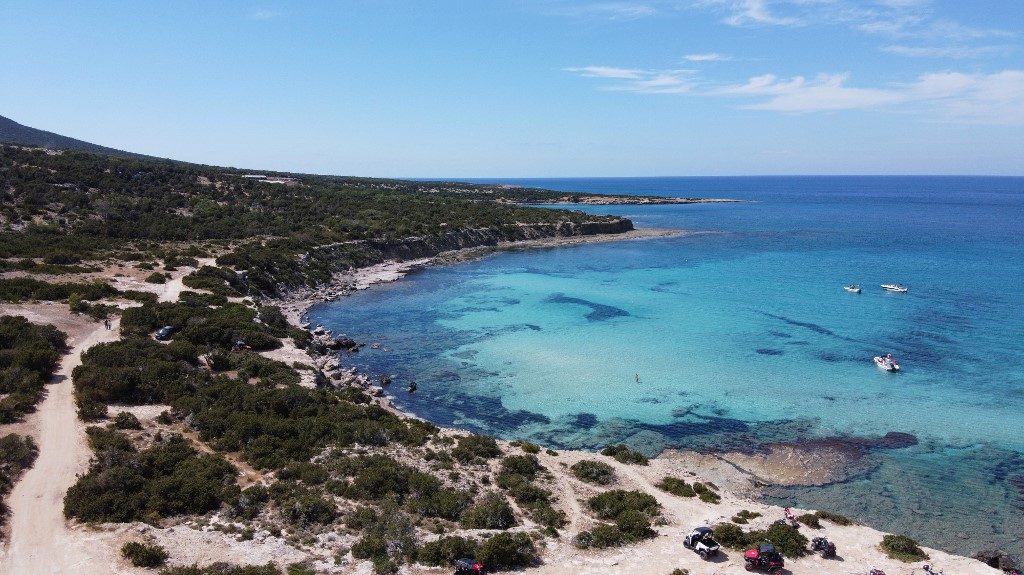SUMMARY
This is AI generated summarization, which may have errors. For context, always refer to the full article.

GENEVA, Switzerland – The coronavirus crisis could cost global tourism and related sectors from $1.2 to $3.3 trillion in lost revenue, the United Nations (UN) said on Wednesday, July 1.
Lockdown restrictions to control the spread of COVID-19 have hammered the tourism sector particularly hard, the UN Conference on Trade and Development (UNCTAD) said in a report.
The world tourism industry is expected to lose at least $1.2 trillion in the best-case scenario, UNCTAD calculated.
In a report entitled “COVID-19 and Tourism: Assessing the Economic Consequences,” UNCTAD modeled 3 scenarios that included the sector’s supply chain.
The scenarios are moderate, where a third of annual inbound tourism expenditure is removed, equivalent to a 4-month standstill; intermediate, removing two-thirds, equivalent to an 8-month halt; and dramatic, where all expenditure is removed, equivalent to a 12-month shutdown.
In the most optimistic scenario, the world’s tourism sector could lose at least $1.2 trillion, or 1.5% of global gross domestic product (GDP).
That rose to $2.2 trillion or 2.8% of global GDP during an 8-month halt.
In the most pessimistic scenario, UNCTAD projected losses of $3.3 trillion or 4.2% of global GDP.
Jamaica, Thailand hit hard
The report said that unemployment could rise in some countries by more than 20 percentage points and some sectors could almost be wiped out if the standstill lasted an entire year.
Developing countries are among those set to suffer the steepest losses in GDP terms.
In just the moderate scenario, Jamaica would lose 11% of its national output; Thailand 9%, Croatia 8%, and Portugal 6%.
The Dominican Republic, Kenya, and Morocco would all lose 5%.
In some countries, such as small island developing states, tourism accounts for more than half of GDP.
“These numbers are a clear reminder of something we often seem to forget: the economic importance of the sector and its role as a lifeline for millions of people all around the world,” said Pamela Coke-Hamilton, UNCTAD’s director of international trade.
“For many countries, like the small island developing states, a collapse in tourism means a collapse in their development prospects. This is not something we can afford.”
In absolute terms in the moderate projection, the biggest losses would be felt by the United States (-$187 billion), China including Hong Kong (-$105 billion), Thailand (-$48 billion), France (-$47 billion), Germany (-$46 billion), and Spain (-$44 billion).
Knock-on effects
UNCTAD also warned of heavy knock-on losses for other economic sectors, such as the goods and services used by holidaymakers, including food, beverages, and entertainment.
The agency estimates that for every $1 million lost in international tourism revenue, a country’s national income could decline by $2 million to $3 million.
“The damage incurred in the tourism sector goes beyond canceled flights and hotel bookings,” the report noted.
In 2019, the tourism sector accounted for around 300 million jobs globally, according to the UN World Tourism Organization. The leading destinations were France, Spain, the United States, and China. – Rappler.com
Add a comment
How does this make you feel?
There are no comments yet. Add your comment to start the conversation.